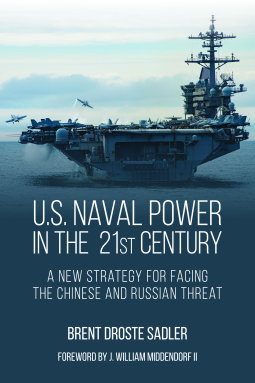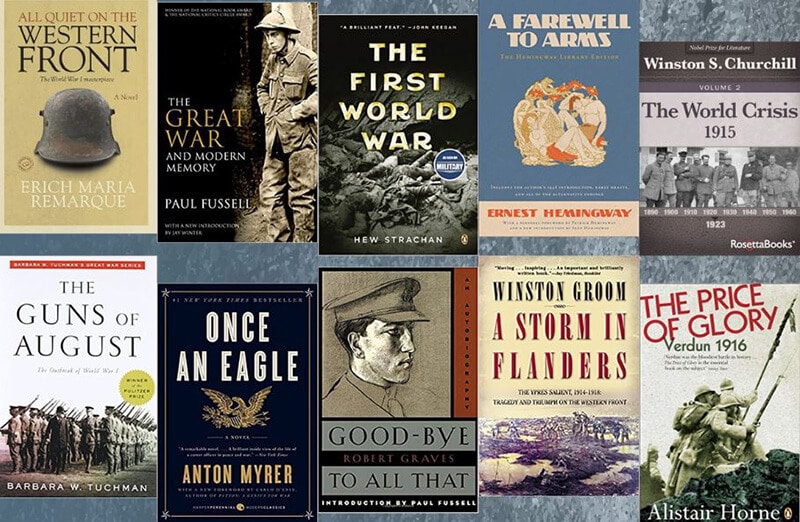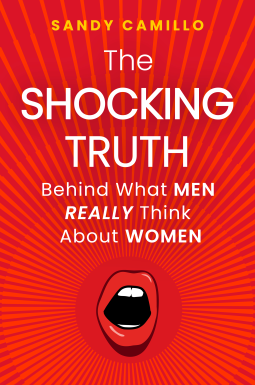I enjoy reading books about the war, the military, special operations, and the navy.
Publishers send me Advanced Reader Copies (ARC).
I review them on this page on a 1-5 scale (5 = best).
A few books have long articles and a podcast devoted to them.
That's where I interviewed the author.
I summarize and link to the full review and podcast in those cases.
The books below are in reverse chronological order.
In other words, the books I have read most recently are at the top.
If you have feedback, write it in the comments below.
If you want me to review your book, contact me.

U. S. Naval Power in the 21st Century: A New Strategy for Facing the Chinese and Russian Threat by Brent D. Sadler
Brent Sadler summarizes how the US Navy needs to be in this century.
It's essential reading for military and political strategists.
Here are three quotations that I loved:
Sir Walter Raleigh declared in the early 17th century that "whoever commands the sea, command the trade; whoever commands the trade of the world commands the riches of the world, and consequetly the world itself."
"The object of naval warefare is the control of communications, and not, as in land warfare, the conquest of territory." - Principles of Maritime Strategy, 1911
"Whoever said the pen is mightier than the sword obviously never encountered automatic weapons." - Douglas MacArthur
VERDICT: 4 out of 5 stars.
British Paratroopers in Action
 Jason Wood's Paras in Action: Ready for Anything – The Parachute Regiment Through the Eyes of Those Who Served is perfect for someone interested in:
Jason Wood's Paras in Action: Ready for Anything – The Parachute Regiment Through the Eyes of Those Who Served is perfect for someone interested in:
- Paratroopers
- British military history
- Special operations
- Elite combat units
- Skydiving warriors
Wood documents a century of paratrooper activity, including:
- WWII
- Cyprus
- The Falklands
- The Balkans
- Afghanistan
- Iraq
- The 2021 withdrawal from Afghanistan
- The Circuit (private protection)
Occasionally, Wood reflects on the training.
This tome salutes the brave warriors the fall from the sky.
I would have liked Wood to explain how the Paras differ from US Airmen PJs, Airborne Rangers, and US Special Operations.
VERDICT: 4 out of 5 stars.
What the British Navy did to end the slave trade
Read my full review of Royal Navy Versus the Slave Traders.
My one-sentence summary is: author Bernard Edwards supplies ample evidence that Europeans, especially the British Navy, were instrumental in ending the slave trade, despite the efforts of Africans and others to keep it going.
VERDICT: 4 out of 5 stars
Hitler's War in Africa 1941–1942: The Road to Cairo by David Mitchelhill-Green
I read Hitler's War in Africa 1941-1942 by David Mitchelhill-Green.
Green's book reminded me of what good writing is.
In addition to writing for the military historian (who wants a blow-by-blow account), the author will attract the layperson or WWII buff.
The book grips you with solid storylines, tension, characters, and excitement.
It was educational while being fascinating.
It often quotes military leaders and even regular soldiers to get a sense of North Africa during WWII.
A balanced account of the brutal desert.
I didn't know that disease often killed more soldiers than bullets in North Africa.
Listen/watch my interview with David Mitchelhill-Green where we discuss his excellent book!
VERDICT: 5/5 stars!
Mastering the Art of Command: Admiral Chester W. Nimitz and Victory in the Pacific by Trent Hone
Trent Hone is a fantastic researcher.
Hone's account of Admiral Chester W. Nimitz's Pacific naval victory is incredibly detailed.
It's as if he was a fly on the wall where Nimitz was.
How was Hone able to accumulate so much detail?
I suppose Nimitz had a diary and the US Navy released much documentation.

Regardless, I can't imagine sifting through all that info to write a book.
Hone must have read 100x words for every word he printed.
As impressive as this detailed research is, it is also the book's shortcoming.
This will be great if you love books about WWII, the Navy, or wars.
However, the mark of a 5-star book is that it makes someone who is lukewarm about a subject interested in it.
It turns a skeptical reader into a fan.
Most people who are only somewhat interested in WWII's Pacific battles would find the level of detail in this book to be overwhelming.
"Where's the editor?" they may wonder.
It would have been great if the book focused on stories like the one where Nimitz's plane crashed into the SF Bay, and he refused blankets or help until all the people on the plane were saved. It showed outstanding leadership.
VERDICT: Perfect for war-book readers, but skip if you're not a war buff. I give it 4 out of 5 stars because the cover has 4 stars!
Listen to my interview with Trent Hone!
 The Sailor's Bookshelf: Fifty Books to Know the Sea by Adm. James G. Stavridis
The Sailor's Bookshelf: Fifty Books to Know the Sea by Adm. James G. Stavridis
The Sailor's Bookshelf is an unconventional book.
It's a book about maritime books.
It's the Cliffnotes for someone interested in books about sailing, ships, sailors, and navies.
It picks the best of the best books on those subjects and categorizes them.
The Admiral/author summarizes them in a couple of pages.
If they seem interesting to you, read them.
The author also reflects on the personal impact these books had on him and interjects anecdotes from his long career in the US Navy.
I doubt this book would have ever been published had the author not previously held a high position in the publisher.
If you love to read sea stories but are unsure what books to read next, this guide can help.
VERDICT: 4 out of 5 stars.
 Special Forces Interpreter by Eddie Idrees
Special Forces Interpreter by Eddie Idrees
If you want to know what it's like to be an interpreter for the US and UK Special Forces, then this is your book!
There's a funny passage where he explains why they are INTERPRETERS and not TRANSLATORS.
An American soldier tells the interpreter to tell the detainee, "Tell him I don't give a fuck about his bullshit story."
"I can't," said the interpreter. "That's a rude word. I mean NOBODY says that to people."
"Fuck, Eddy, you telling me nobody fucking swears in this fucking country?"
"Well not like that. I mean that would be really insulting."
"OK, just tell him the best way you can."
The main reason I don't give the book 5 stars is that it lacks nuance.
It's always: Taliban = bad; Westerners = good
The Afghan interpreter/author loves his country and the West - and hates the Taliban.
That's understandable.
But it would have been nice to have a bit more nuance.
A bit more humility or admission of their mistakes would have been endearing.
But a great book overall.
VERDICT: 4 out of 5 stars
Special Reconnaissance and Advanced Small Unit Patrolling by Lt Col Edward Wolcoff

It's hard to believe this book is available to the public!
Wolcoff goes into extreme detail about US military tactics.
You would think that such detail would be classified.
I wouldn't want the enemy to read this book.
If you're sincerely interested in the nuts and bolts and tactical actions military units should take in myriad situations, this is your book.
It truly is a how-to book.
There are occasional stories mixed in, but most of the book offers helpful tips to military strategy buffs.
VERDICT: 5 out of 5 stars

Immediately after reading Stuart Reid's Egypt 1801, I read Hitler's War in Africa 1941-1942 by David Mitchelhill-Green.
Green's book reminded me what good writing is - and that Reid lacks it.
Reid's book is ideal for the military historian who wants a blow-by-blow account of how Napoleon conquered and lost Egypt around 1801.
If you want to know that, then this is a 5-star book.
However, Green's book is better if you want a book that grips you with solid storylines, tension, characters, and excitement.
This would be the best book if your goal were to dive deeply into Egypt in 1801.
VERDICT: 3 out of 5 stars.







